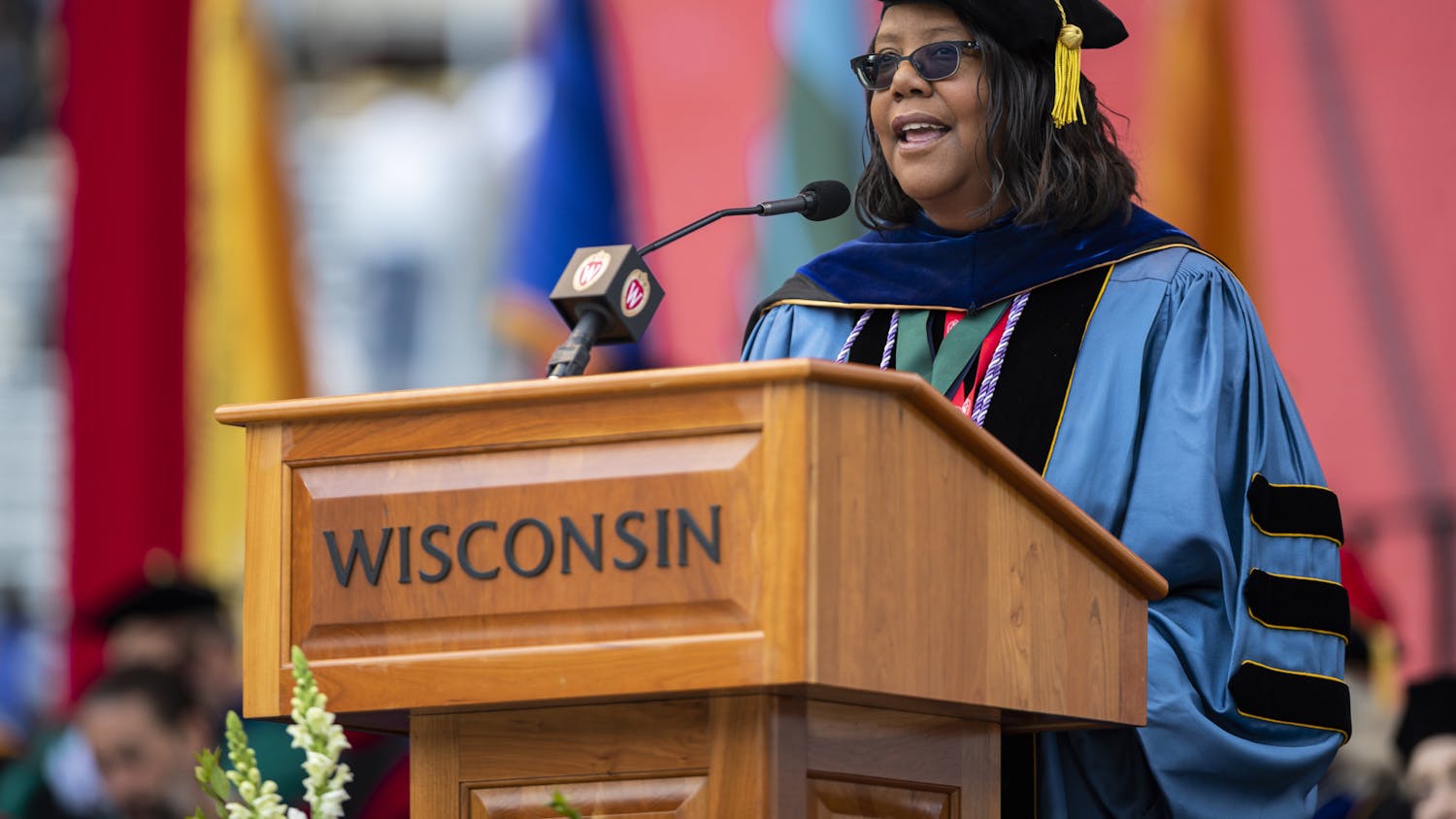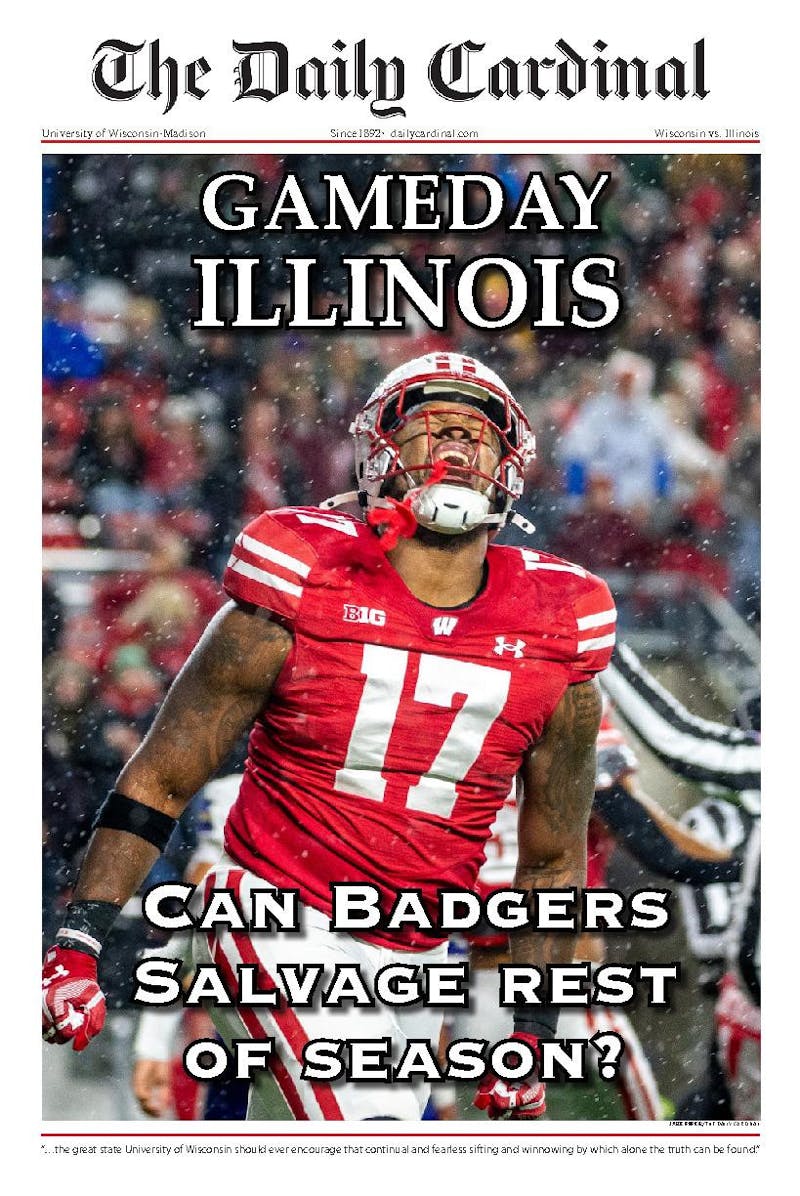When it comes to Hollywood directors, Clint Eastwood has a fascinating anomaly of a career. We used to regard him primarily as the squinty icon that popularized characters as integral to great cinema as Josey Wales, Dirty Harry and the Man With No Name. Even though he's been directing movies since 1971, including modern classics like ""The Outlaw Josey Wales"" and ""Unforgiven,"" Eastwood has never entered a true artistic prime as a director; that is, until the last few years. With the one-two punch of ""Mystic River"" and ""Million Dollar Baby,"" Eastwood made us forget all the ""Blood Works"" and ""Midnight in the Garden of Good and Evils"" and re-established himself as one of the best contemporary American filmmakers. And now, with ""Letters From Iwo Jima,"" a focused and assured tour de force that ranks as one of the greatest war movies ever made, Eastwood has given us what is arguably his best film yet.
""Letters From Iwo Jima"" is the companion piece to ""Flags of Our Fathers,"" the Paul Haggis-scripted story of the battle of Iwo Jima that came out in October. Pundits prematurely pegged it as a leading Oscar contender, which led to nearly insurmountable expectations that the film did not meet. It wasn't that ""Flags of Our Fathers"" was a bad film by any means, but it wasn't the galvanizing masterpiece everyone was expecting. This was mostly due to the fact that Eastwood tried to juggle too many stories at once without a solid central character, and despite his many talents, epic filmmaking is not his strong suit. Eastwood's best works thrive with an emotional simplicity grounded in firm character development and lean, stripped-down storytelling; these are elements ""Flags of Our Fathers"" could not provide.
But ""Letters From Iwo Jima,"" in its evenhanded, brutal depiction of the battle from the Japanese perspective, represents everything Eastwood does best. From the honorable Army Commander Kuribayashi (Ken Watanabe) to the lowly foot soldier Saigo (Kazunari Ninomaya), Eastwood takes his time acquainting us with those men who found themselves under-equipped and grossly outnumbered. The desperation of the situation becomes apparent immediately and only gets worse as the Japanese soldiers gradually learn how futile their struggle will be. Kuribayashi acknowledges this early on, relocating units from the beachfront to dig trenches where they stood a greater chance of survival, while his inferior commanding officers question his logic and maintain an idealistic yet foolish optimism. When the Americans finally arrive, the Japanese are quickly wiped out, and we follow the entrenched survivors to the bitter end.
Much of the film is set inside the desolate tunnels and bunkers we know these men will die in, and Eastwood powerfully juxtaposes these quieter scenes with his harrowing battles. This is a typically laid-back story in the traditionally elegiac Eastwood style, but ""Letters From Iwo Jima"" also contains some of the most unsettling, awful representations of war violence in cinema history. One particular scene evokes the haunting German film ""Downfall,"" graphically showing us a squad of soldiers committing suicide by grenade. Eastwood's camera refuses to budge as one man after another pulls out the pin, taps the grenade on his helmet, and holds it against his chest until the inevitable explosion reduces him to a gloopy pile of blood and guts.
Although it is its companion film, ""Letters From Iwo Jima"" only directly links up with ""Flags of Our Fathers"" in a few essential scenes, including a nasty beach ambush we see from the reverse perspective this time. While the films together constitute a staggeringly ambitious, persuasive anti-war statement, ""Letters From Iwo Jima"" stands alone as Eastwood's master work, simultaneously a summation of his core themes and a visceral, wrenching step forward. Despite all the agony we are put through, ""Letters From Iwo Jima"" is a lovely, thoroughly moving piece of work, bolstered by pitch-perfect performances and Iris Yamashita's profound screenplay. Where Eastwood will go from here is uncertain, but this is his finest hour, and ""Letters From Iwo Jima"" is one of the best films you will ever see.





